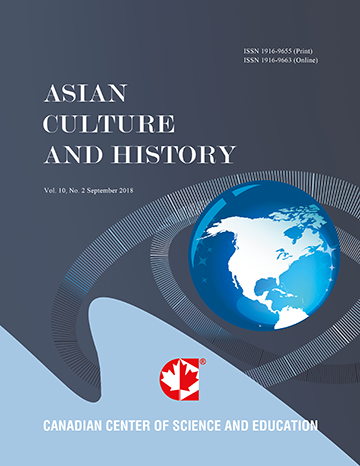A Study on the Effects of Ghazan Khan’s Reformative Measures for the Settlement of the Nomadic Mongols (1295-1304)
- Roohollah Ranjbar
- Fereydoon Allahyari
- Hussein Mir Ja'fari
Abstract
This article aims to elaborate the effects of Ghazan Khan’s reformative measures for changing Mongol lifestyle. They migrated from one place to another to make a living but after his reforms, they were settled. Mongols were among the people who lived in the Central Asia usually made raids on the neighboring nations. They had taken to a life of vagrancy and never wanted to be settled in a particular place. When they entered the civilized Persia, the Mongolian government became highly polarized. On the one hand, the Mongols habitually destroyed the government’s sources of income (agriculture and trade), and on the other, they were its military force, whose existence was a necessity. As this polarization continued, political and economic crises emerged, too. Then, Ghazan Khan, by some actions, hindered the collapse of the Ilkhanate. As a result, the Mongols underwent a self-imposed settled life but it was against the great Yasa code of Genghis Khan.- Full Text:
 PDF
PDF
- DOI:10.5539/ach.v5n2p77
Journal Metrics
Google-based Impact Factor (2017): 5.42
h-index (January 2018): 11
i10-index (January 2018): 21
h5-index (January 2018): 6
h5-median (January 2018): 9
Index
- Academic Journals Database
- CNKI Scholar
- COPAC
- EconPapers
- Elektronische Zeitschriftenbibliothek (EZB)
- Excellence in Research for Australia (ERA)
- Genamics JournalSeek
- Google Scholar
- Infotrieve
- LOCKSS
- MIAR
- NewJour
- Open J-Gate
- PKP Open Archives Harvester
- Publons
- RePEc
- Scilit
- SHERPA/RoMEO
- Standard Periodical Directory
- Technische Informationsbibliothek (TIB)
- The Keepers Registry
- Universe Digital Library
- WorldCat
Contact
- Ivan YongEditorial Assistant
- ach@ccsenet.org
